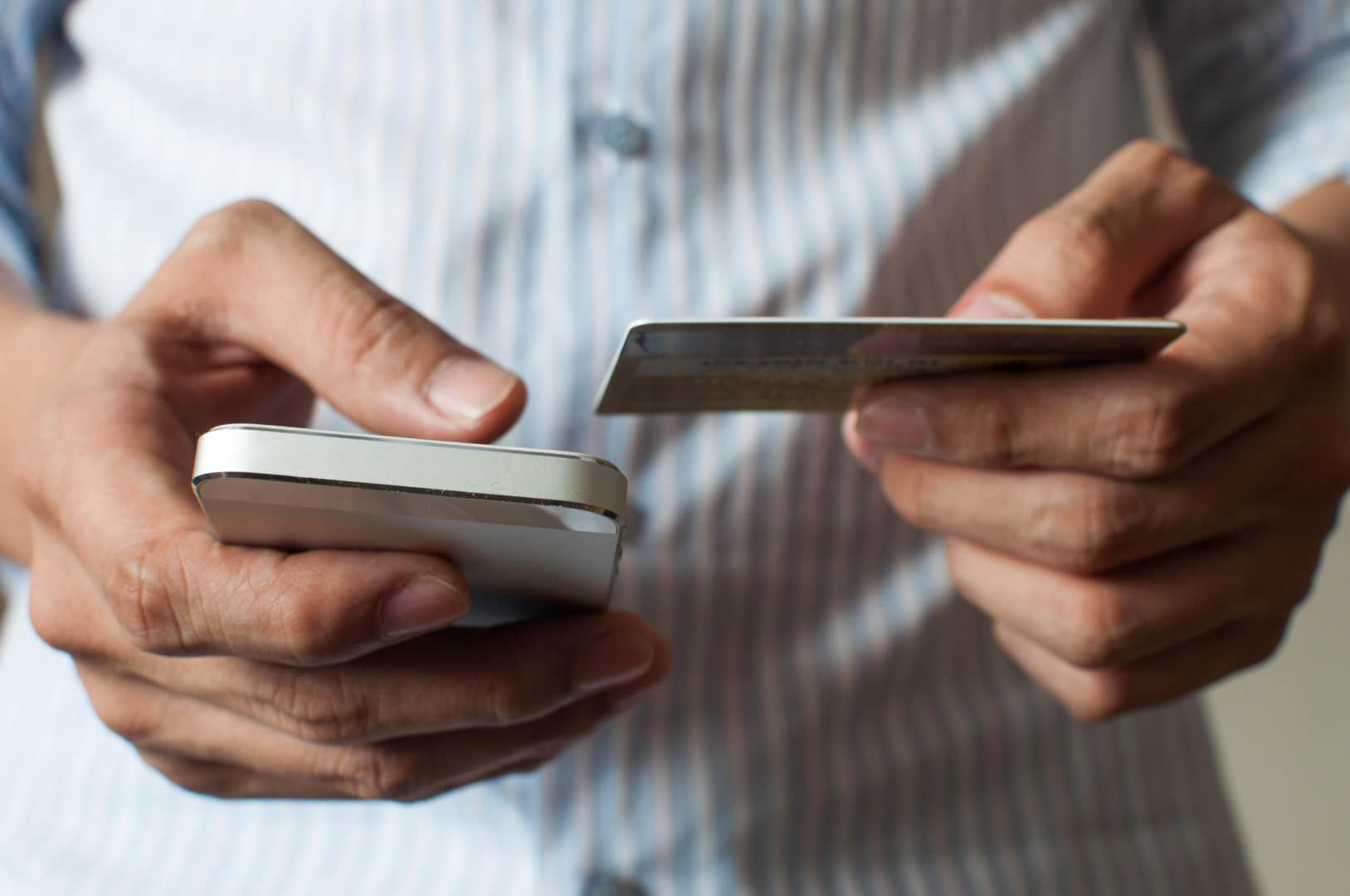In an effort to reduce identity theft and fraud, new Medicare cards were sent out beginning in April to more than 44 million Medicare enrollees. But while the card is designed to be more secure — it will no longer display a beneficiary’s Social Security number and will instead feature a Medicare beneficiary identifier, or MBI — confusion over the cards has created a new opening for scam artists looking to take advantage of millions of people dependent on the program’s services.
“Scammers are constantly thinking of new ways to steal from unsuspecting victims, and we feel this transition [to the new Medicare card] will be no different,” says Amy Nofziger, regional director of the AARP Foundation. Katherine Hutt, national spokesperson for the Better Business Bureau (BBB), agrees: “Scammers take advantage of whatever is in the news.”
Someone claiming to be from Medicare might call and ask for personal information such as a date of birth and a Social Security number to “make sure you’re going to get the right card,” says Gabriel Geiger, director of financial services for Lifespan in Rochester, NY. Some callers have used threats, like the cancellation of health insurance, or demanded payment for a temporary card to use until the new Medicare card arrives.
Experts say the best response to these ruses is to say nothing and hang up the phone. Or, if you have caller ID and you don’t recognize the number, don’t pick up. “Because if you do answer, it’s only going to be trouble,” Geiger says. “Some callers say, ‘We’re calling you to do this and to opt out press one,’ or something like that, and we really don’t want people to press anything.”
“Educate yourself and your family about how this transition will work,” Nofziger advises. “You will not receive any phone calls from Medicare asking for payment or personal information; if you do, that’s a scam. Medicare will not call you and state that you are owed a refund and ask for bank account information. If you receive that call, it’s a scam.”
If you do wind up speaking with a scam caller and share your bank account information, “contact your bank immediately and follow their advice for putting a fraud alert on your accounts,” says Hutt. “Consumers should also consider putting a fraud alert or a credit freeze on their accounts at the three major credit reporting services. The Federal Trade Commission offers a free, customized identity theft recovery plan at IdentityTheft.gov, which covers these and other options.” Report the scam call to Medicare at 1-800-MEDICARE.
New Medicare cards: What you need to know
The new cards will be mailed to everyone who is on Medicare over a 12-month period, so don’t worry if a friend across the country gets hers before yours arrives. The first wave of mailings went to Delaware, Maryland, Pennsylvania, Virginia, West Virginia and the District of Columbia. You can check the status of card mailings at Medicare.gov.
Here’s what else you should know about the cards:
- You don’t have to do anything to get your new card; it will arrive in the mail automatically, provided your address is current. (To check that it is, call 1-800-772-1213, or update it at www.ssa.gov/myaccount/.)
- Your Medicare coverage and benefits won’t change.
- When your new card arrives, you should destroy your old Medicare card (shred it or cut it up in little pieces so your Social Security number is destroyed).
- If you are in a Medicare Advantage Plan, keep your Medicare Advantage ID card along with the new Medicare card. You may be asked to show both.
- Protect your new card as you do other personal information. You should only give out your ID number to doctors, pharmacists, other health care providers, your insurers and those you trust to work with Medicare on your behalf. Scam artists have plenty of ways to perpetrate fraud against Medicare with your new card number — and implicate you in the process.
By Jenny Cook


